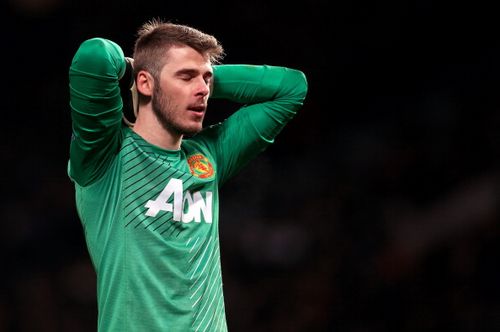
The role the club plays in helping a football player settle down

David De Gea
The transfer of football players in world football is quite a common phenomenon. Clubs buy and sell players twice a season, once in summer and the second time in winter. The clubs pay millions of pounds to purchase a player from another club. Naturally they expect a lot from their big signings. Some of the players also shift from one country to another in the process.
But have ever thought that the player, irrespective of how big a star he is, faces huge problems when he moves from one country to another namely the difference in language, culture, food habits and many more. The players need to adjust to all these conditions first before they can start performing on the pitch.
Manchester City’s head of performance analysis, Gavin Fleig said that it may take about a year for a player to settle in a new country properly.
Home sickness is also one of the major problems which these players face when they move to a new place.
BBC quoted, Manchester United’s former goalkeeping coach, Eric Steele, ‘David De Gea arrived from Atletico Madrid with a lifestyle poorly suited to living in Manchester.
De Gea was sleeping two or three times a day and, said Steele in an interview in United We Stand magazine, eating “too many tacos”.
So the coaching staff “physically made him drink” protein drinks straight after training and convinced him to cut back on the habit of eating his main meal late at night.’
Aston Villa have found a solution to deal with such problems. They start a program called “a buddy system” which pairs new arrivals with team-mates of a similar age, background and language who have been at the West Midlands club for a while.
Malian midfielder Yacouba Sylla, joined the club January 2013 was teamed up with fellow French speaker Christian Benteke.
“He spoke for me whenever I got stuck and explained how things worked when I first arrived.
“He had been here for six months, so knew a lot. He helped me adapt to the new culture, understanding me, as he had felt the same months before.”
So it is the duty of the club to make their new signing feel at home, so that the player does not feel isolated and thereby performs poorly on-field.